THE ISRRA EMERGING LEADERS GROUP (ELG)
VISION
This group is in charge of developing of a clear vision for the ISRRA-ELG that directly complements the goals, mission and purpose of ISRRA. This includes an attempt to refine and operationalise a broad, inclusive definition of an ‘emerging leader’ which promotes gender, age, professional and geographic diversity; and the development of Terms of Reference for the Emerging Leaders group. These terms will consider length of membership of the group and key roles needed within the group.
KEY NEEDS
This group is in charge of defining the initial key needs of the ELG and plans for how these needs can be met. These may include support that could be offered by the ISRRA executive/other senior ISRRA members (e.g. mentorship for career progression), and/or needs that could be met within the ISRRA-EL group. The focus being on providing a distinct offering to that provided elsewhere (e.g. WSO) which draws on the collaborative and innovative nature of ISRRA.
COMMUNICATION
This group focuses on identifying strategies/channels of communication so that the ISRRA-ELG becomes a vibrant, interactive and representative group of emerging leaders in stroke recovery research. This may also include how the network is advertised to potential members, how members are recruited (e.g. annual calls or open call), contributing to ISRRA communications, creating website content, involvement in annual ISRRA meetings and identifying future events (e.g. conferences) where ISRRA-EL members group could meet and network.
CURRENT MEMBERS OF THE ISRRA ELG

Rachel Stockley (United Kingdom)
ISRRA ELG Vision Group Lead
Rachel is an experienced neurological physiotherapist and a senior research fellow at the University of Central Lancashire in the UK. Her work centres on producing programmatic research into the rehabilitation of people living with stroke, particularly to improve upper limb recovery. Rachel is a UK Research and Innovation Future Leader Fellow and leads a team which is conducting research into the development, implementation and evaluation of digital health technologies in stroke rehabilitation. She is leading the initial development of the ISRRA emerging leaders group.

Anna Bonkhoff (USA)
ISRRA ELG Key Needs Group Lead
Rachel is an experienced neurological physiotherapist and a senior research fellow at the University of Central Lancashire in the UK. Her work centres on producing programmatic research into the rehabilitation of people living with stroke, particularly to improve upper limb recovery. Rachel is a UK Research and Innovation Future Leader Fellow and leads a team which is conducting research into the development, implementation and evaluation of digital health technologies in stroke rehabilitation. She is leading the initial development of the ISRRA emerging leaders group.

Juan Pablo Saa (Australia)
ISRRA ELG Communications Group Lead
Juan Pablo is a post-doctoral researcher at The Florey Institute of Neuroscience and Mental Health and lecturer of research methods at La Trobe University in Melbourne, Australia. He was trained as an occupational therapist and public health practitioner in Chile and the USA. His research focuses on recovery of cognition and methods of evaluation of cognitive function after stroke. Juan Pablo facilitates communications within ISRRA and will keep working on this area in the ELG.
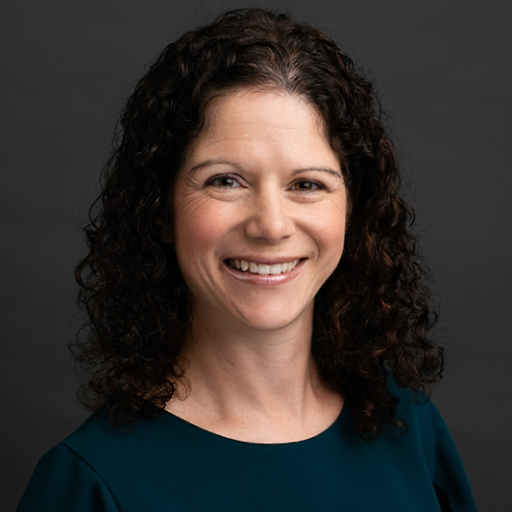
Natalie Fini (Australia)
Nat Fini is a senior lecturer in Physiotherapy and post-doctoral researcher at the University of Melbourne. Her research interests are in physical activity and cardiovascular risk after stroke. Natalie has recently received funding from the Stroke Foundation of Australia to conduct an early phase trial testing physical activity dosage using a co-designed intervention.

Mathew Edwardson (USA)
Dr. Edwardson is an Assistant Professor of Neurology and Rehabilitation Medicine at Georgetown University and the MedStar National Rehabilitation Hospital. His research interests include developing blood biomarkers of stroke recovery using multi-omics techniques and clinical trials to determine the optimal dose and timing of upper limb therapy after stroke.

Lisa Tedesco Triccas (Belgium)
Lisa is a post-doctoral fellow at University of Hasselt in Belgium where she is responsible for teaching and doing research. Her passion and motivation is to understand and promote sensorimotor recovery of people with stroke. Her current research focuses on determining the dose of upper limb rehabilitation programmes with behavioural and neurophysiological assessments in people with acute and chronic stroke.

Jessica Cassidy (USA)
Jessica Cassidy, DPT, PT, PhD is an assistant professor at the University of North Carolina at Chapel Hill in the Division of Physical Therapy. Dr. Cassidy has a clinical background in pediatric physical therapy along with additional research training in neuromodulation and neuroimaging. Her research focus is brain plasticity across the lifespan. Dr. Cassidy and her research team utilize multi-modal neuroimaging to investigate relationships between brain and motor behavior during development, injury, disease, and rehabilitation.
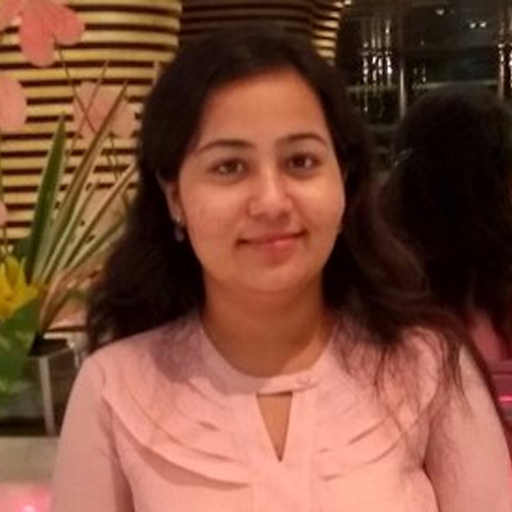
Amreed Mahmood (India)
Amreen is an Early Career Researcher. Her doctoral thesis focused on improving exercise uptake after stroke. Her current research interest is in improving exercise behavior, telerehabilitation, and community-based rehabilitation. She is also interested in finding ways to improve stroke care after hospital discharge in lower resource settings. Amreen received the Young Investigator Award in Asia-Oceania Congress of Neurorehabilitation in 2021.

Elizabeth Lynch (Australia)
Liz is a physiotherapist and mid-career researcher (PhD conferred 2016) based in Adelaide, South Australia. Her research interests are improving implementation of evidence-based stroke rehabilitation, addressing information needs and exploring how consumer engagement improves research quality. Liz co-chairs the Australian Living Guidelines steering committee.
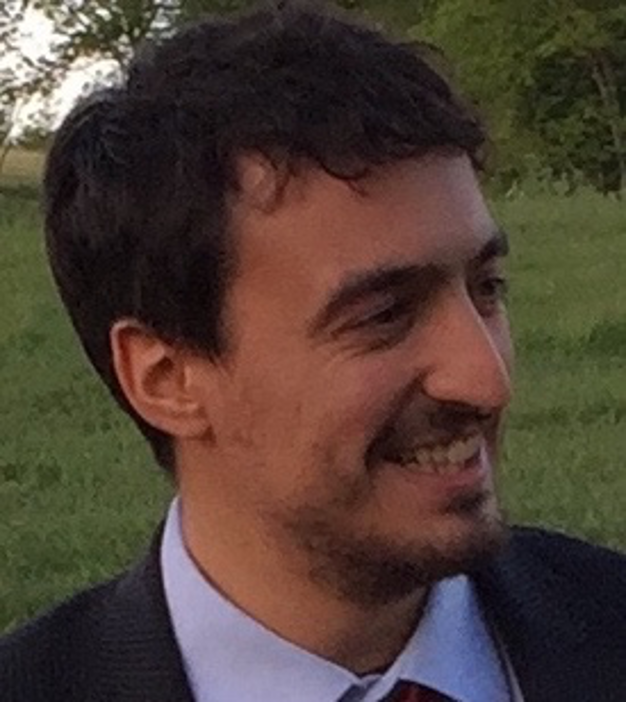
Daniele Piscitelli (Canada)
Daniele Piscitelli, PT, PhD, is a Post-Doctoral Fellow at McGill University. Currently, he is also affiliated with the University of Milano-Bicocca, Italy. He has a strong interest in rehabilitation after stroke and psychometric assessment of outcome measures. His research focuses on understanding the neurophysiological mechanisms of motor control and how this knowledge can be translated into clinical research and clinical practice to promote recovery in stroke. In 2021, Dr. Piscitelli was the recipient of the Early Career Investigator Award from the International Society of Motor Control.
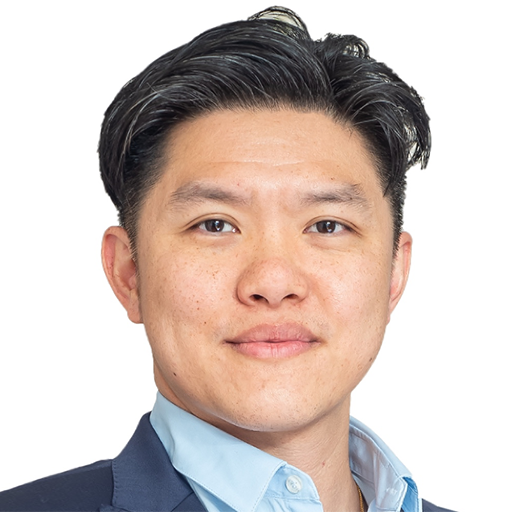
Lin Ong (Australia)
Dr Lin Kooi Ong is a Senior Lecturer at University of Southern Queensland, Australia. His research program focuses on stroke recovery, neurodegeneration and stress biology. He uses a multidisciplinary approach to understand the mechanisms of brain degeneration after stroke and other neurological conditions, and pursue development of innovative therapies to promote brain recovery. He has made major advances in stroke research, with over 25 papers published in the last 5 years. He is a member of Young IBRO (International Brain Research Organization) and Young Scientists Network – Academy of Sciences Malaysia.
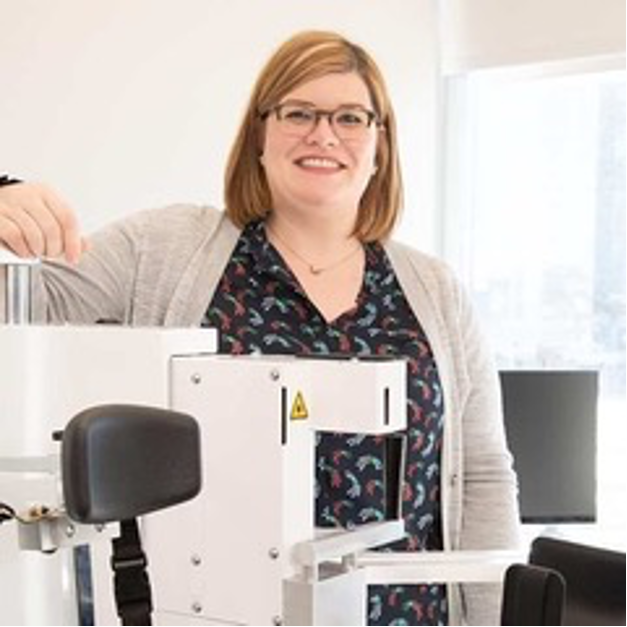
Jennifer Semrau (USA)
Jennifer is currently an Assistant Professor at the University of Delaware in the Department of Kinesiology and Applied Physiology. She is principal investigator of the Sensorimotor Control and Robotic Rehabilitation lab where the focus is on using robotics and other technology to understand how stroke survivors use sensory information (i.e., proprioception, vision) to guide upper limb movement. She aims to improve quality of life for stroke survivors by (1) understanding how proprioceptive impairments impact overall motor function, (2) understanding how integration of multi-sensory information is impacted after stroke, and (3) developing assessment-based, personalized robotic rehabilitation for the upper limb after stroke.
